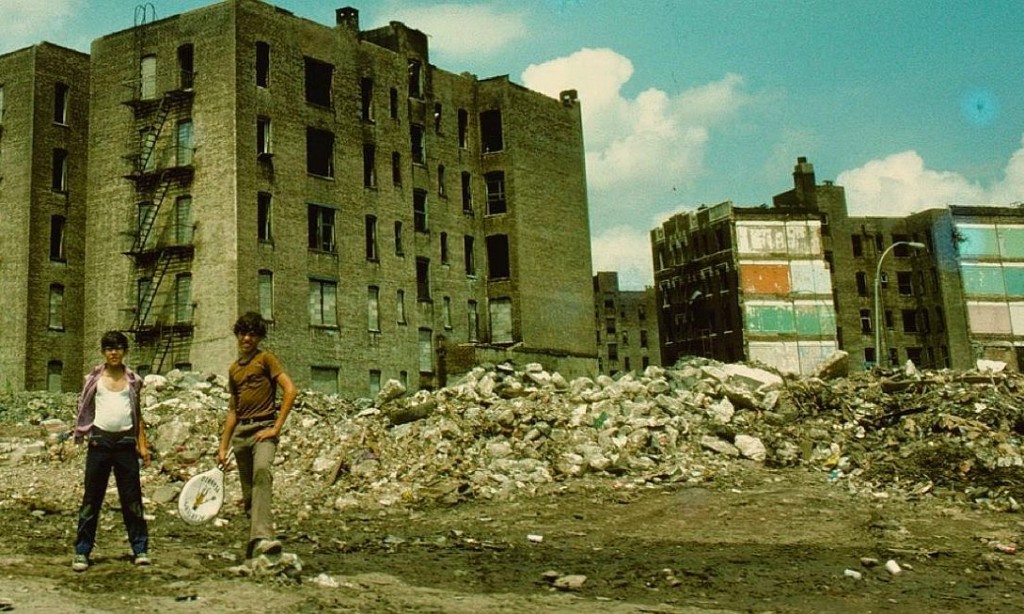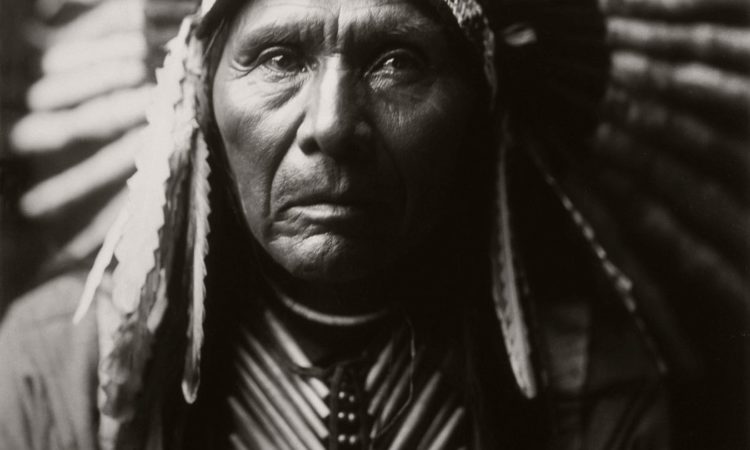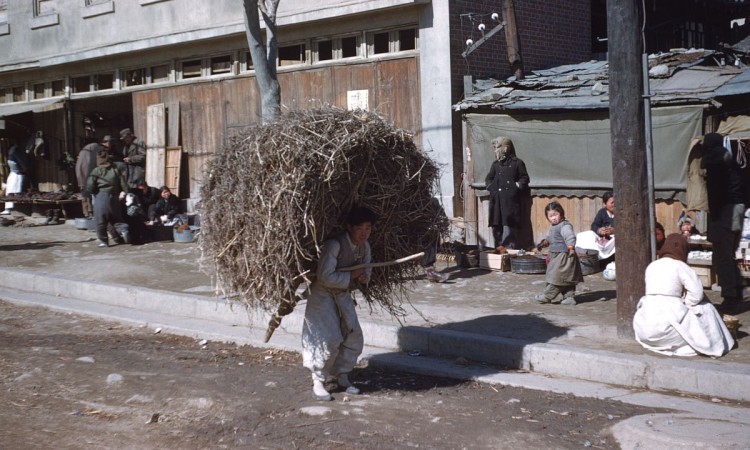By 1970, the city gained notoriety for high rates of crime and other social disorders. A popular song by Cashman & West in the autumn of 1972, “American City Suite”, chronicled, in allegorical fashion, the decline in the city’s quality of life. The city’s subway system was regarded as unsafe due to crime and suffered frequent mechanical breakdowns. Prostitutes and pimps frequented Times Square, while Central Park became feared as the site of muggings and rapes. Homeless persons and drug dealers occupied boarded-up and abandoned buildings. The New York City Police Department was subject to investigation for widespread corruption, most famously in the 1971 testimony of whistle-blowing police officer Frank Serpico.

Second Avenue at East Seventh Street facing Southwest, late 1970s. Photo by Laura Knight.
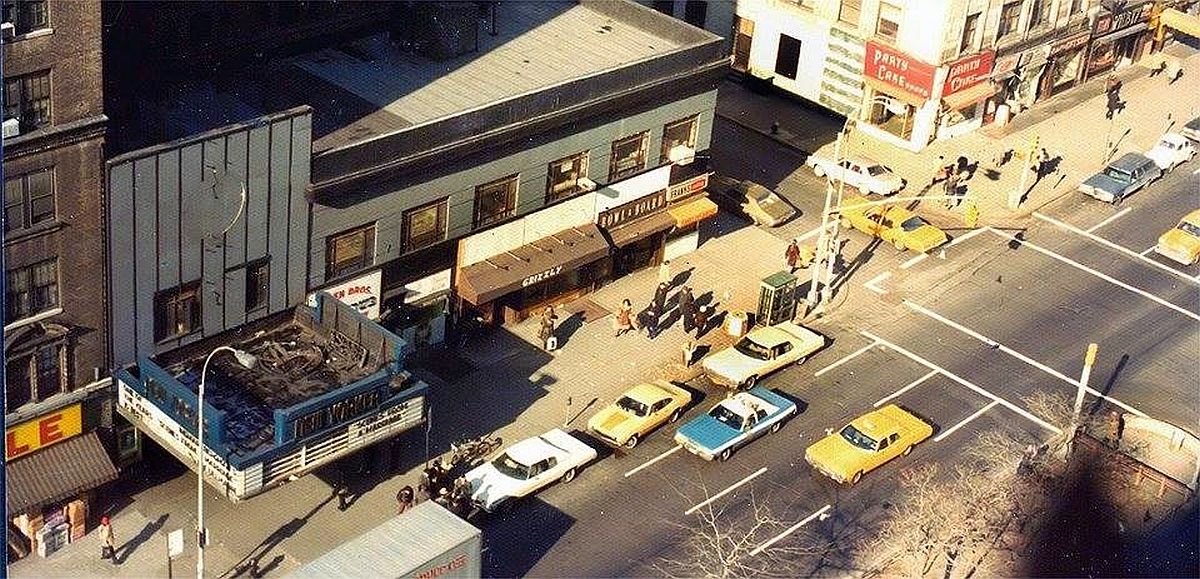
The old New Yorker Theater. West side of Broadway 88th to 89th Streets, c.1977. Photo by Nicholas West.
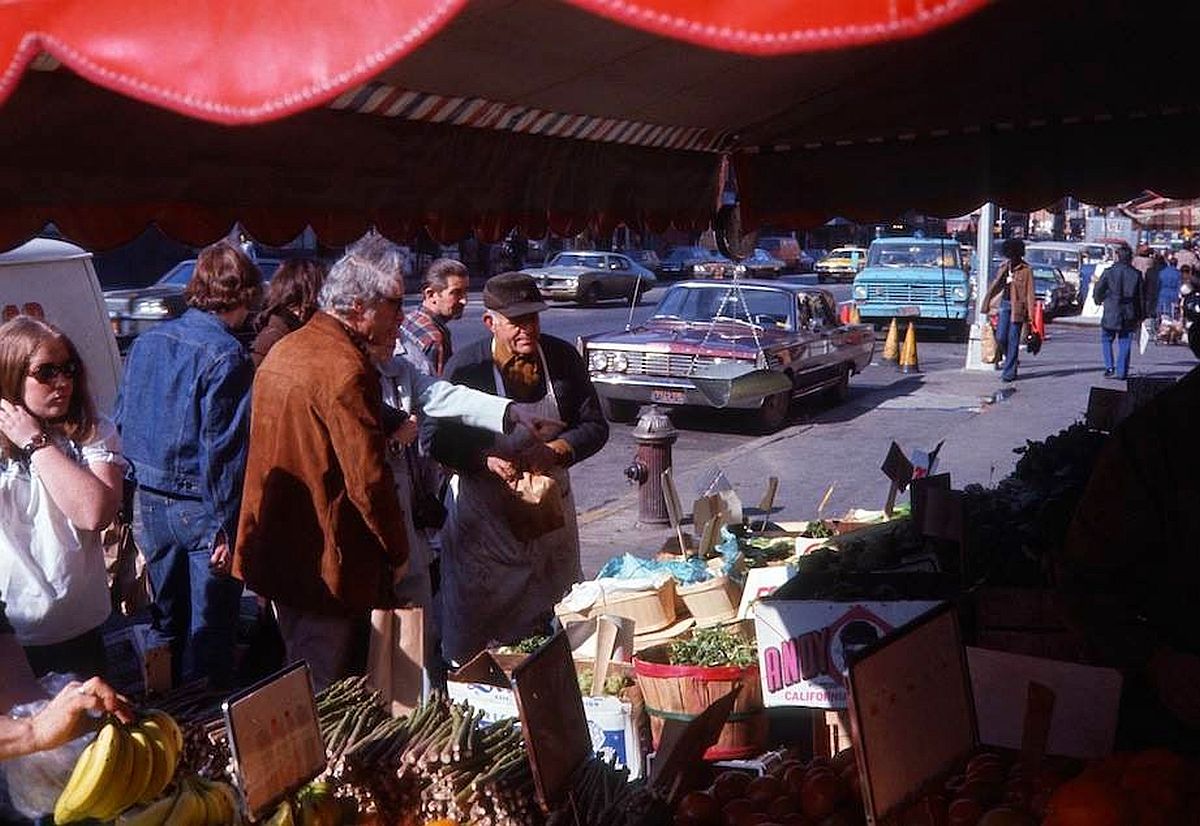
Hell’s Kitchen, 1973. Photo by Paul Mones.
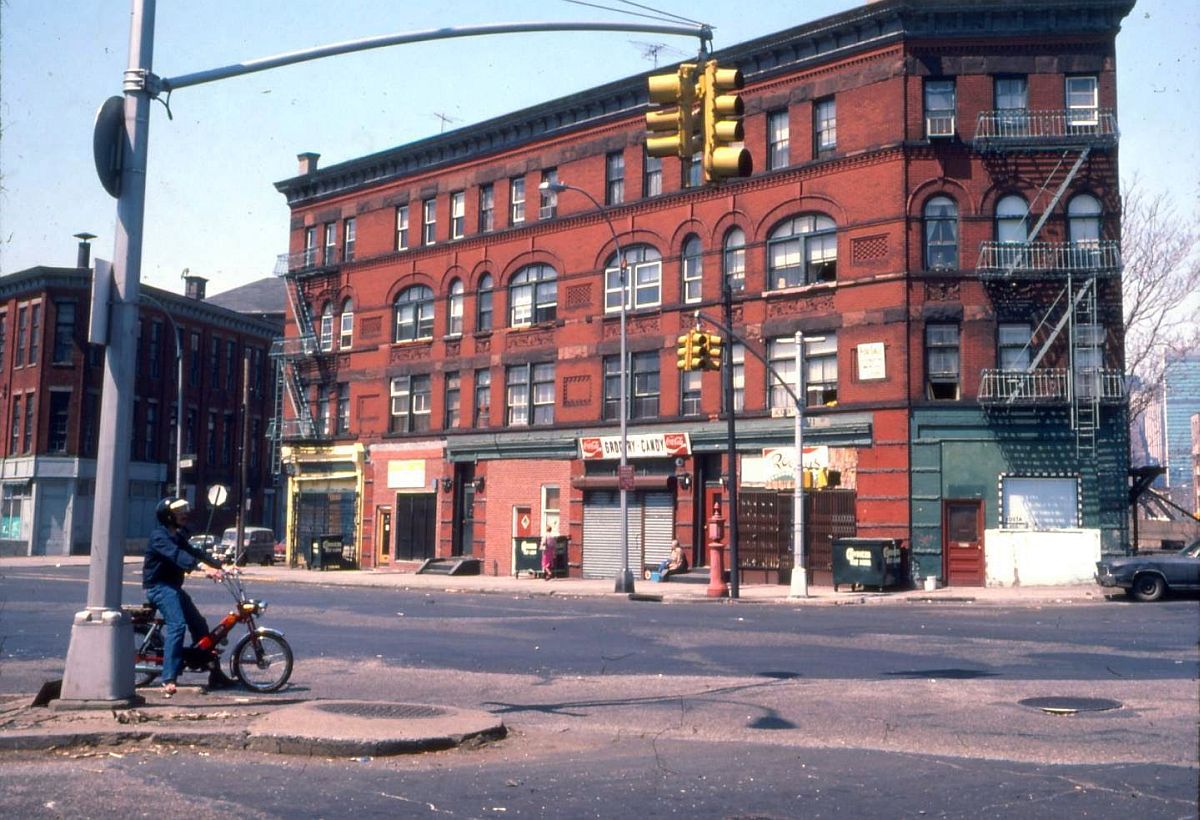
Jackson Avenue at Eleventh Street, 1980.
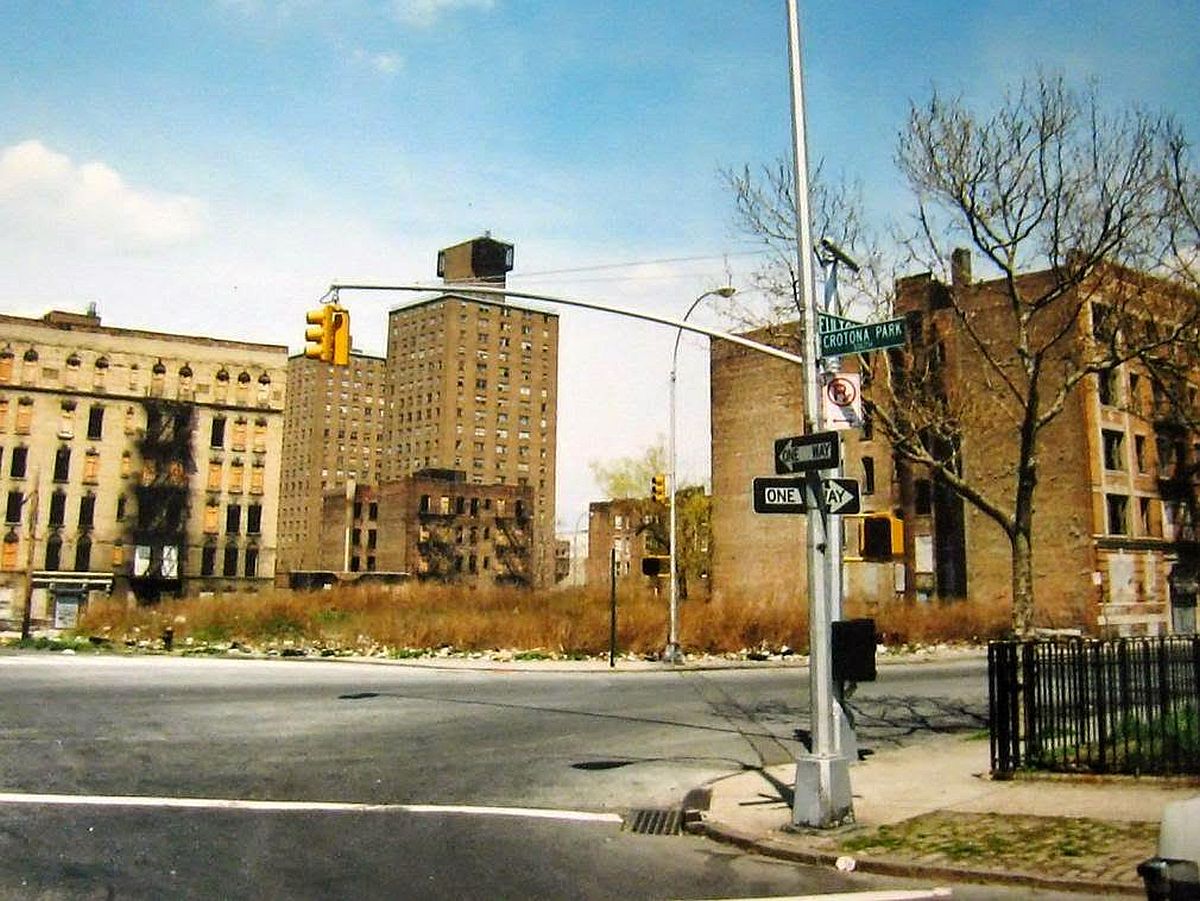
Fulton Avenue and Crotona Park South, facing Northwest. Photo by Robert Ronan.
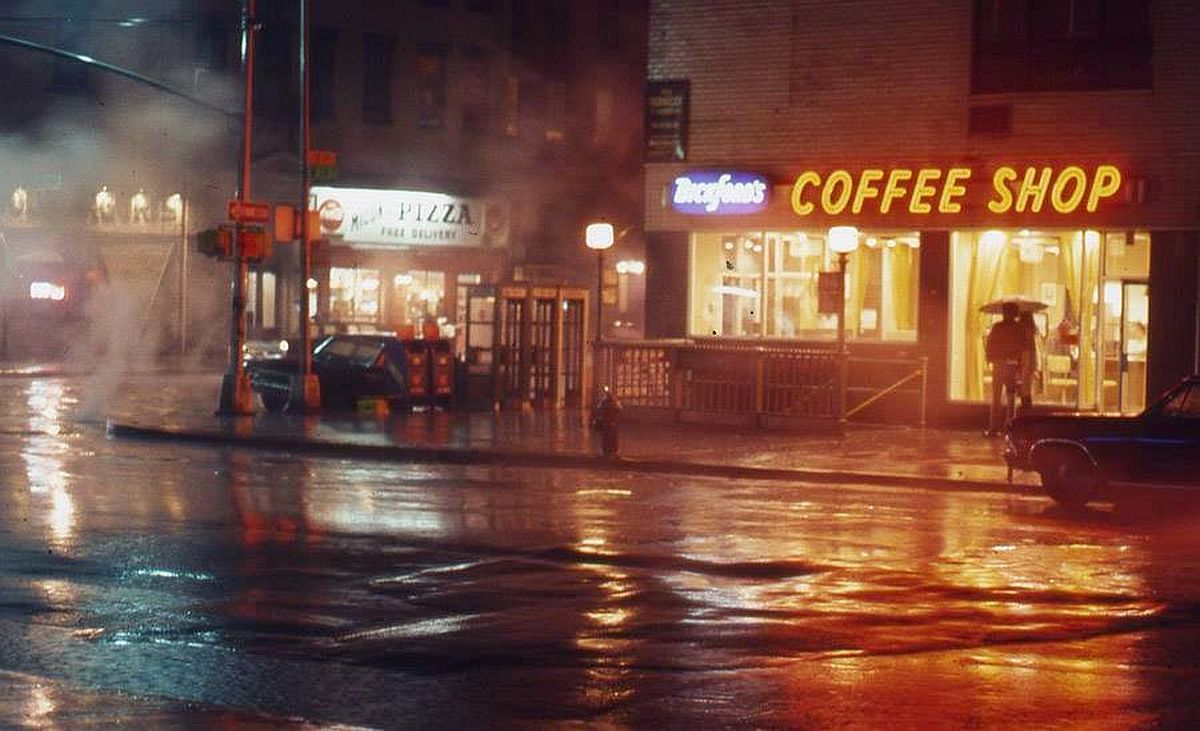
Northeast Corner of 14th Street at 7th Avenue, 1972. Photo by Lionel Martinez.
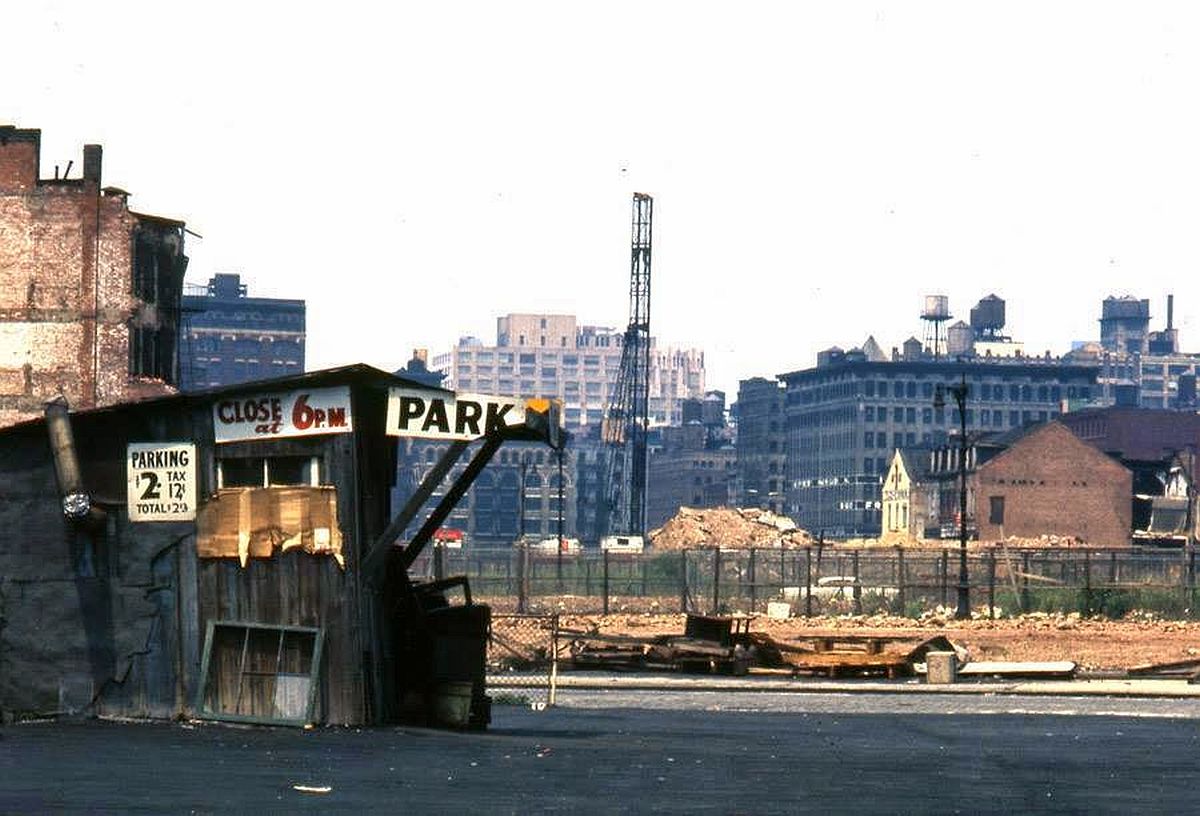
Lower Manhattan, 1972. Photo by Lionel Martinez.
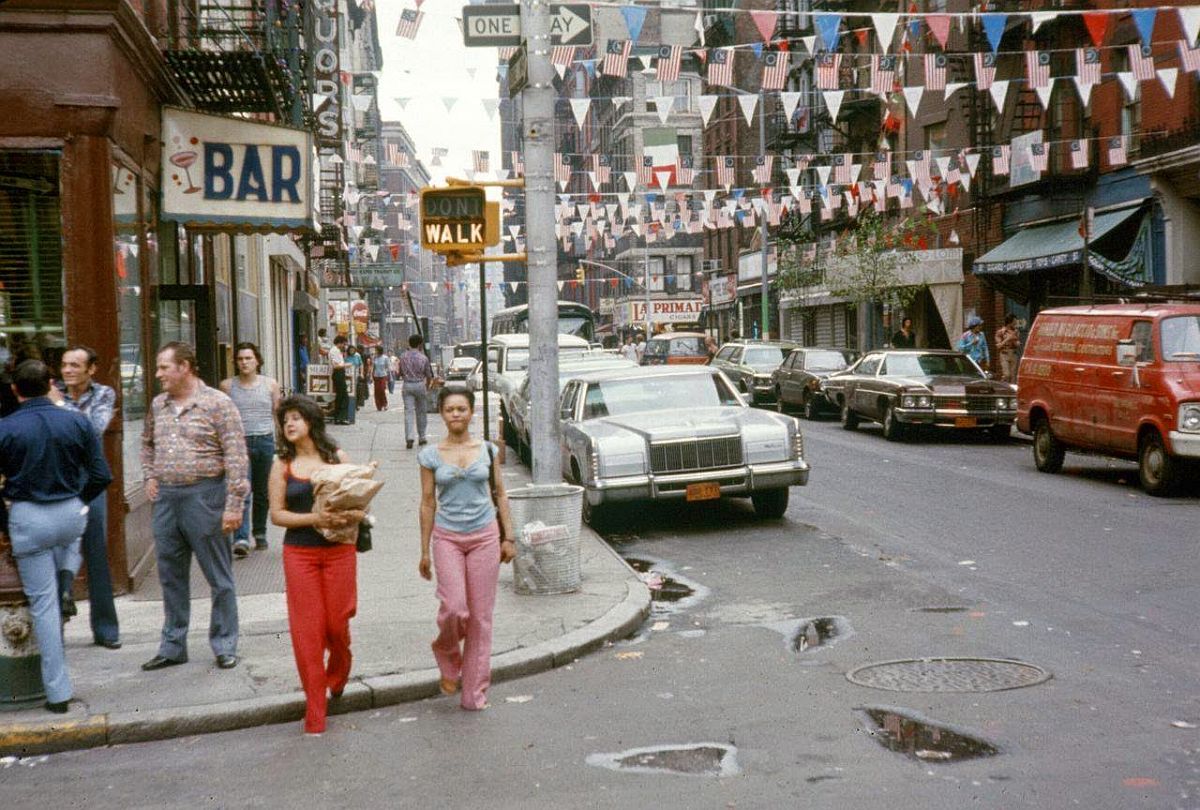
Spring Street at Mulberry, facing West, 1976.
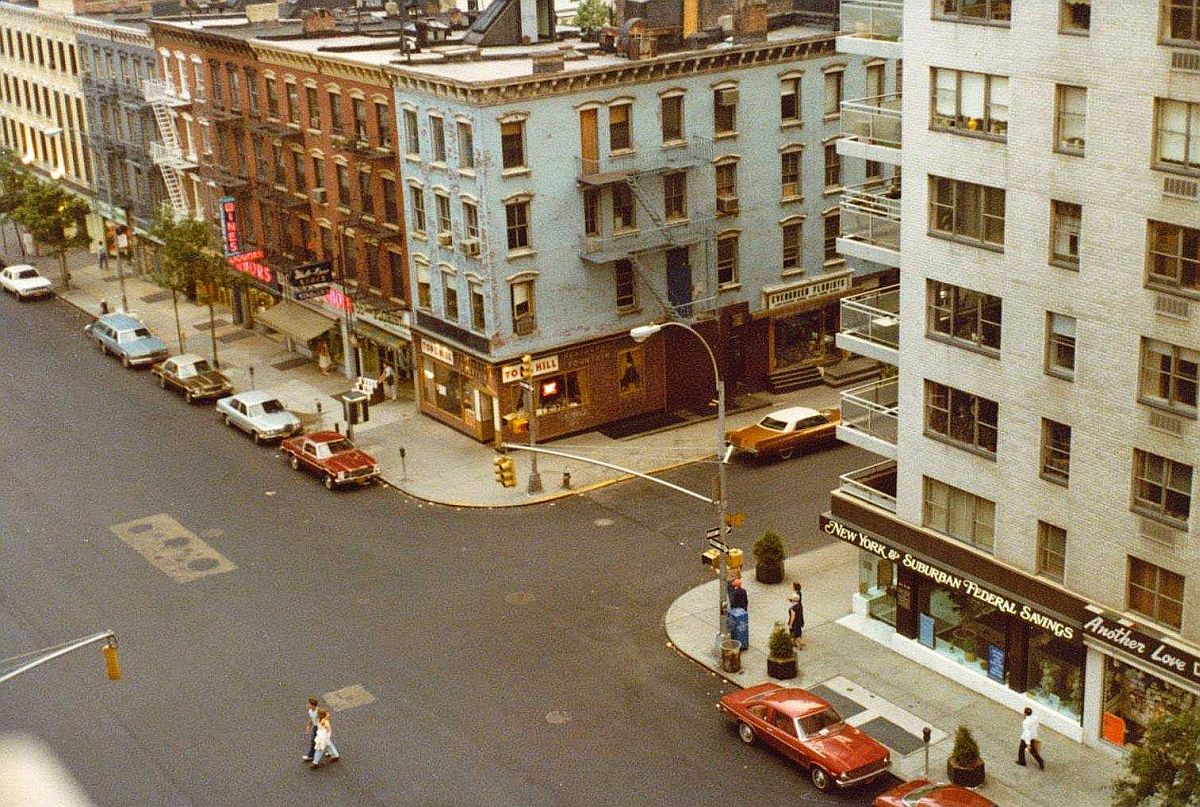
Third Avenue at 66th Street, facing Southwest, 1979. Photo by Alan Benjamin.
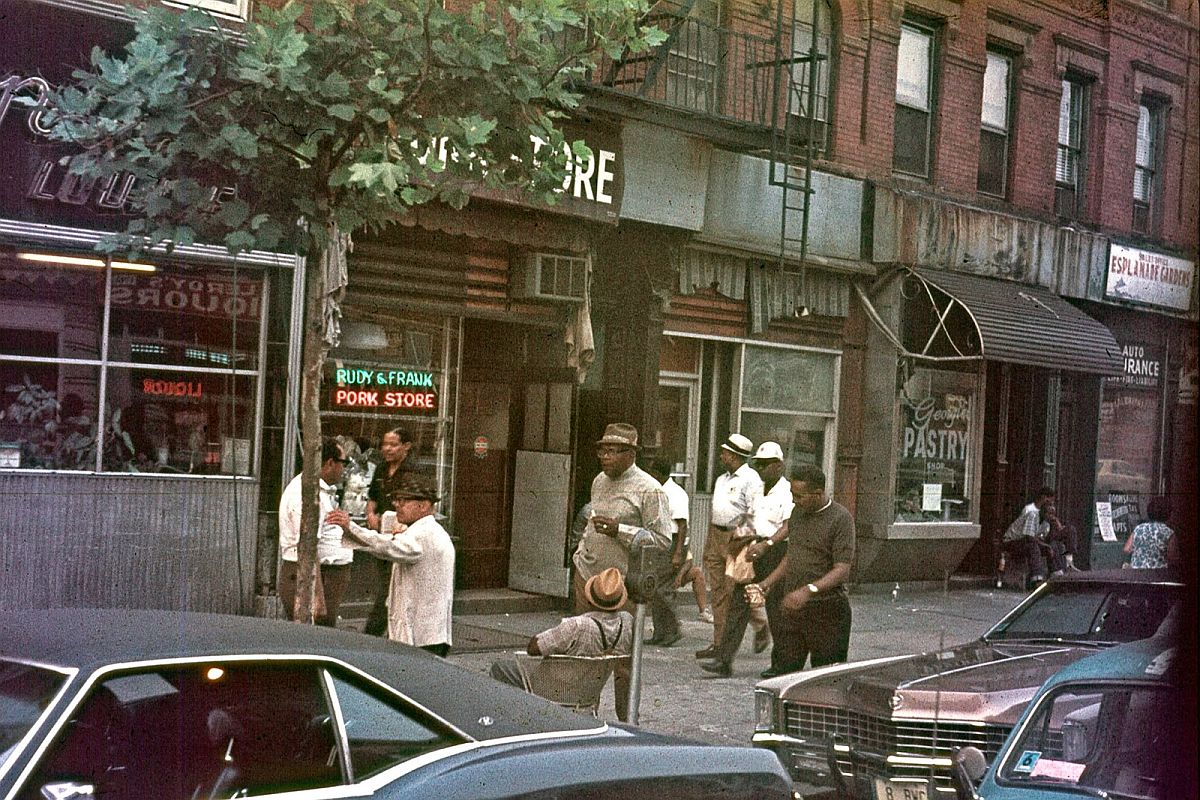
Amsterdam Avenue, between 144th Street and 145th Streets, 1971.
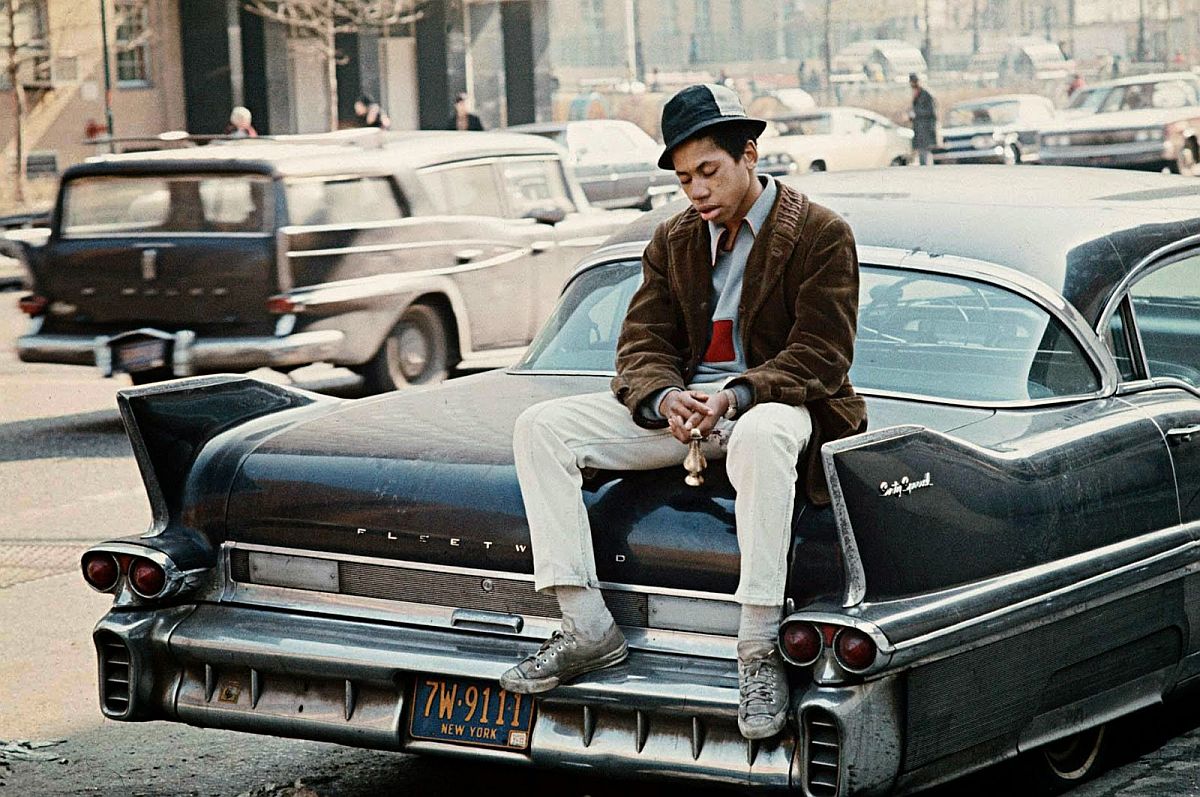
Harlem, 1971. Photo by Camilo José Vergara.
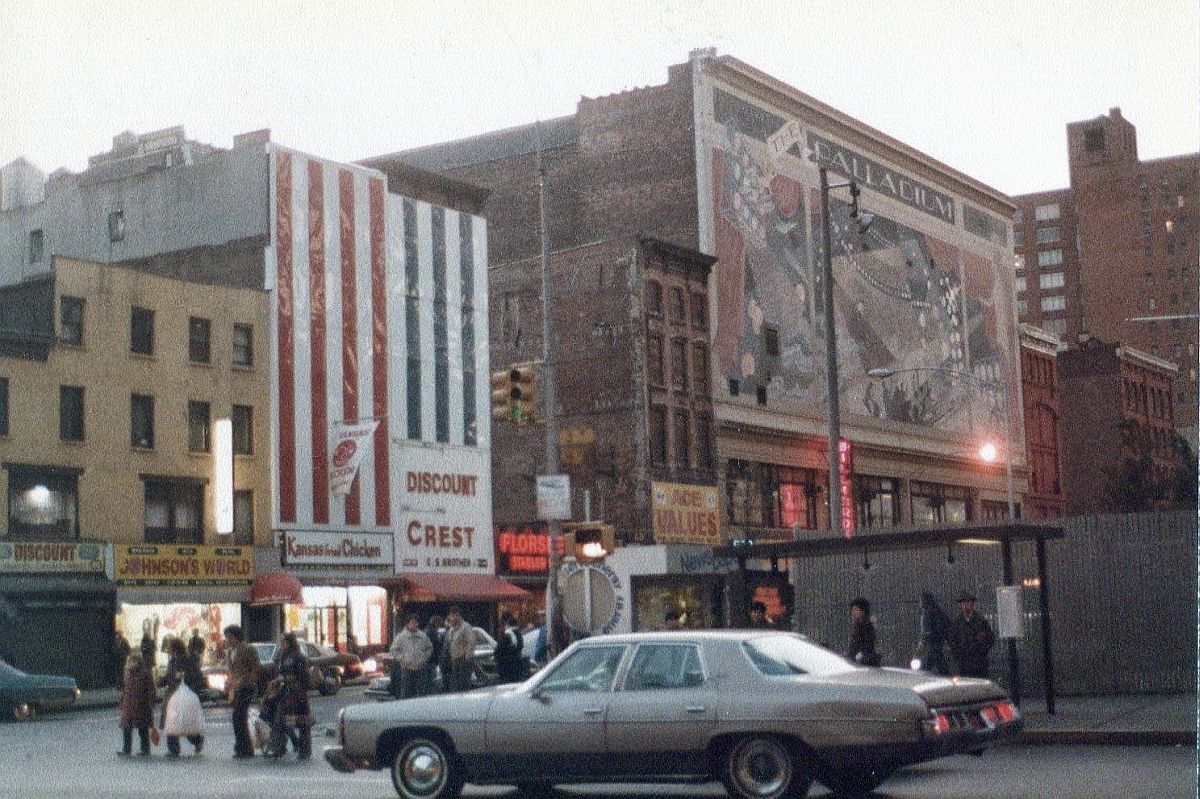
Facing Southwest to Fourteenth Street from Third Avenue. Photo by Bill Ricco.
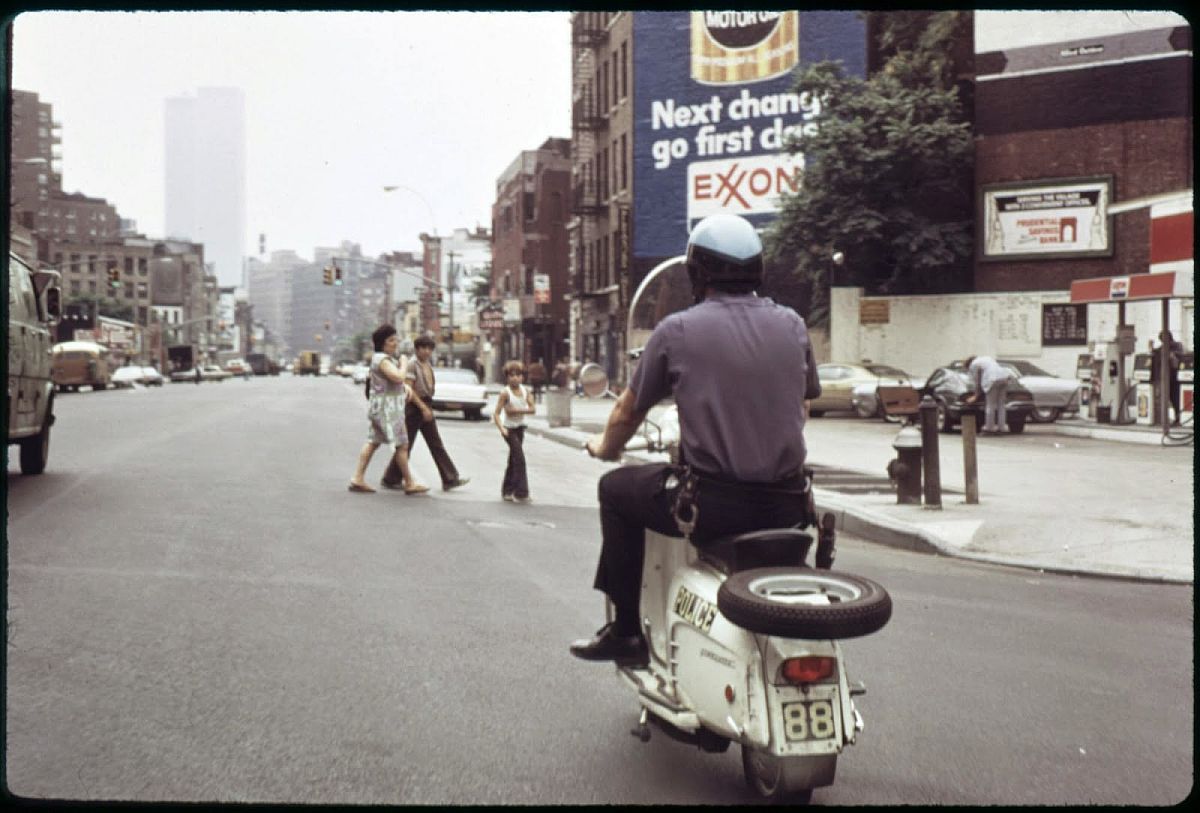
Seventh Avenue South at Perry Street, facing South, 1973. Photo by Dan McCoy.
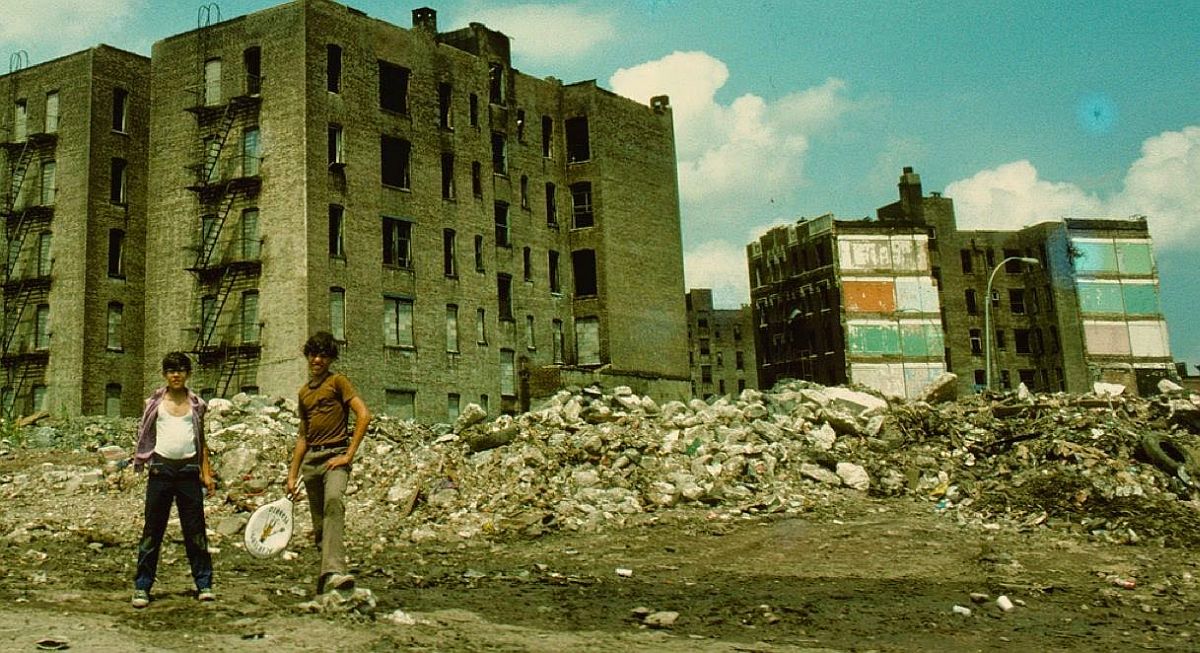
Charlotte Street, circa 1980. Photo by Steven Siegel.
Comments
comments


